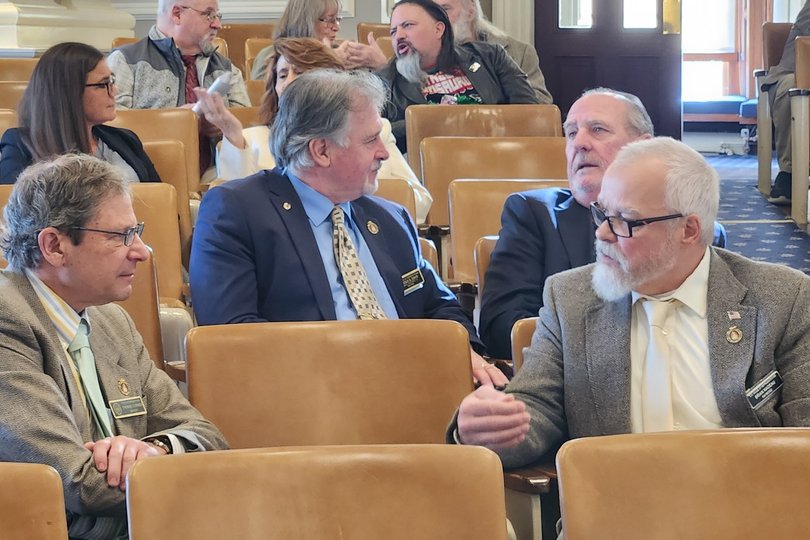What is the Four Freedoms Fund?
The Four Freedoms Fund is a donor collaborative that has built a nationwide movement for immigration justice and reform supported by 144 grantees in more than 30 states and Washington, D.C. It is housed at NEO Philanthropy and was established in 2003 by five national foundations that pooled their funds and developed a joint strategy for supporting immigrant advocacy at the state and local levels while building grassroots pressure for broader federal reforms: Carnegie Corporation of New York, the Ford Foundation, Open Society Institute (now Open Society Foundations), Mertz Gilmore Foundation, and the John S. and James L. Knight Foundation (now Knight Foundation). Over the past 18 years, and with an evolving group of donors, the collaborative has distributed more than $170 million to various organizations and initiatives throughout the country, including nearly $17 million in 2020 alone.
The name of the fund refers to President Franklin Delano Roosevelt’s 1941 Four Freedoms speech outlining the fundamental freedoms all people should be able to enjoy: freedom of speech, freedom of worship, freedom from want, and freedom from fear.
Why Is It Important?
Immigrants account for 13.7 percent of the United States population and come from countries all over the world, primary among them Mexico, China, India, the Philippines, and El Salvador. As the United States struggles to achieve a national immigration system that offers safety, opportunity, and equal rights for immigrants, the Four Freedoms Fund is supporting a foundational movement for change. The Fund also provides a one-of-a-kind network for funders interested in these issues to collaborate and learn from peers.
Immigrant-led grassroots organizations supported by the Four Freedoms Fund have succeeded in advancing local and state policies that have yielded important improvements in immigrants’ lives. These grantees are leading the charge against harsh anti-immigrant measures advanced by local, state, and federal officials, while mobilizing their communities to advocate for pro-immigrant reform at all levels. The Four Freedoms Fund has become a critical force for building a strong infrastructure of local, state-based, and regional organizations working to empower, protect, and defend immigrant communities while advancing a broader vision of inclusion and equal rights for all. It is a model for how diverse funders can come together to learn, share strategies and ideas, and pool their resources to make a bigger impact on the issues they care about.
How Did the Four Freedoms Fund Build a Movement?
To promote its goals of systemic reform and full integration of immigrants into U.S. society, the Four Freedoms Fund has adopted several strategies. Recognizing the need for a robust immigrant rights movement, they focused their collective grantmaking on states and regions with significant and growing populations of immigrants. They worked with state-based groups to build their capacity to advance policy change, communicate with the public and policymakers about the contributions of immigrants to society, form diverse coalitions, and engage more immigrants as active participants in voting and civic life.
How Has It Had Impact?
Through collective effort, immigrant-led grassroots organizations supported by the Four Freedoms Fund have made significant progress on behalf of immigrant communities, including expanded access to driver’s licenses, higher education, and good jobs, as well as new protections from detention and deportation. More broadly, they have worked in partnership with other advocates to achieve lasting gains on issues ranging from voting rights to worker protections to environmental justice. And they have accomplished this while taking action against proposals and policies that threaten opportunities and rights for immigrants, communities of color, and other marginalized populations.
Their work has led to national achievements, such as the establishment and defense of the Deferred Action for Childhood Arrivals (DACA) program, which grants work permits and temporary relief from deportation to hundreds of thousands of young immigrants.




